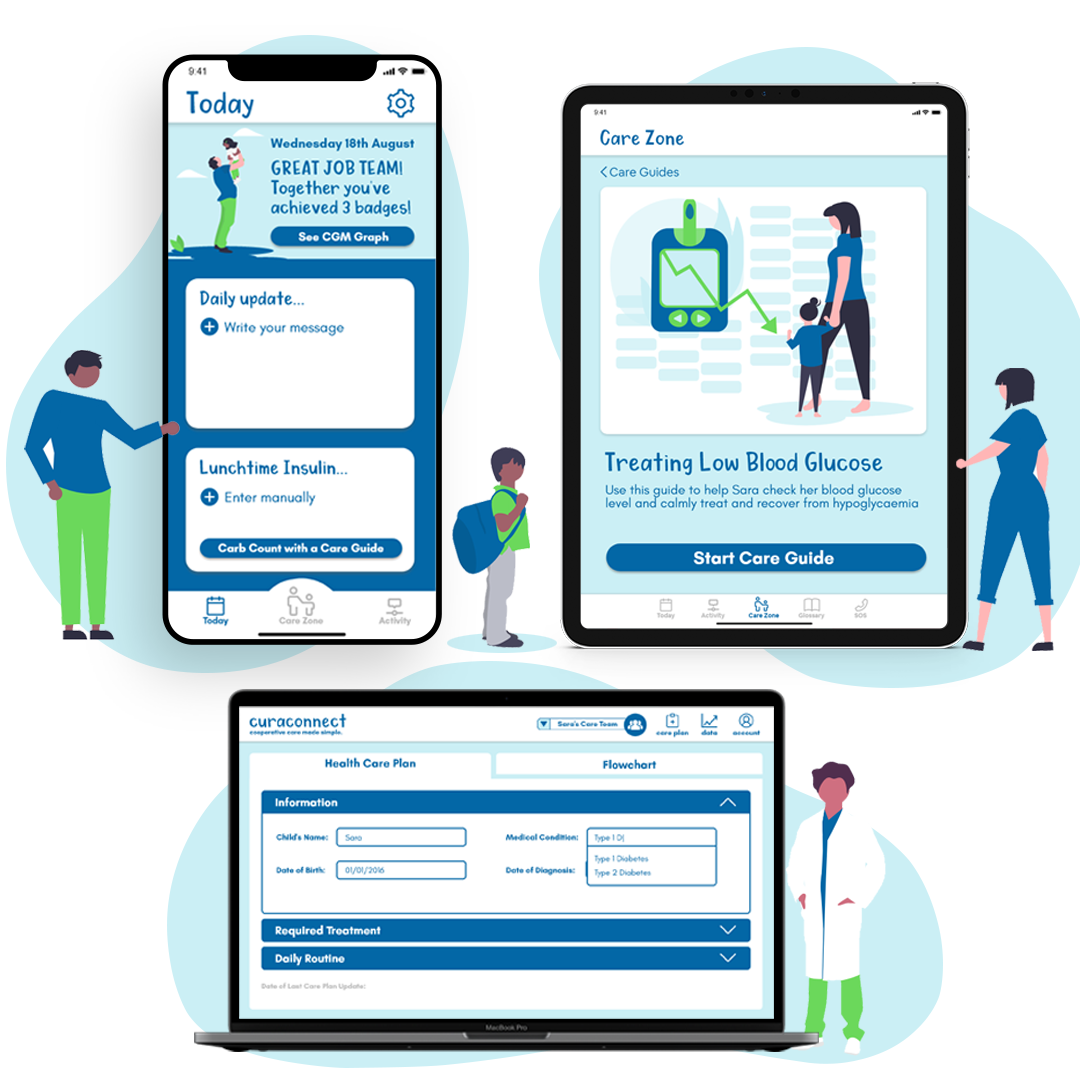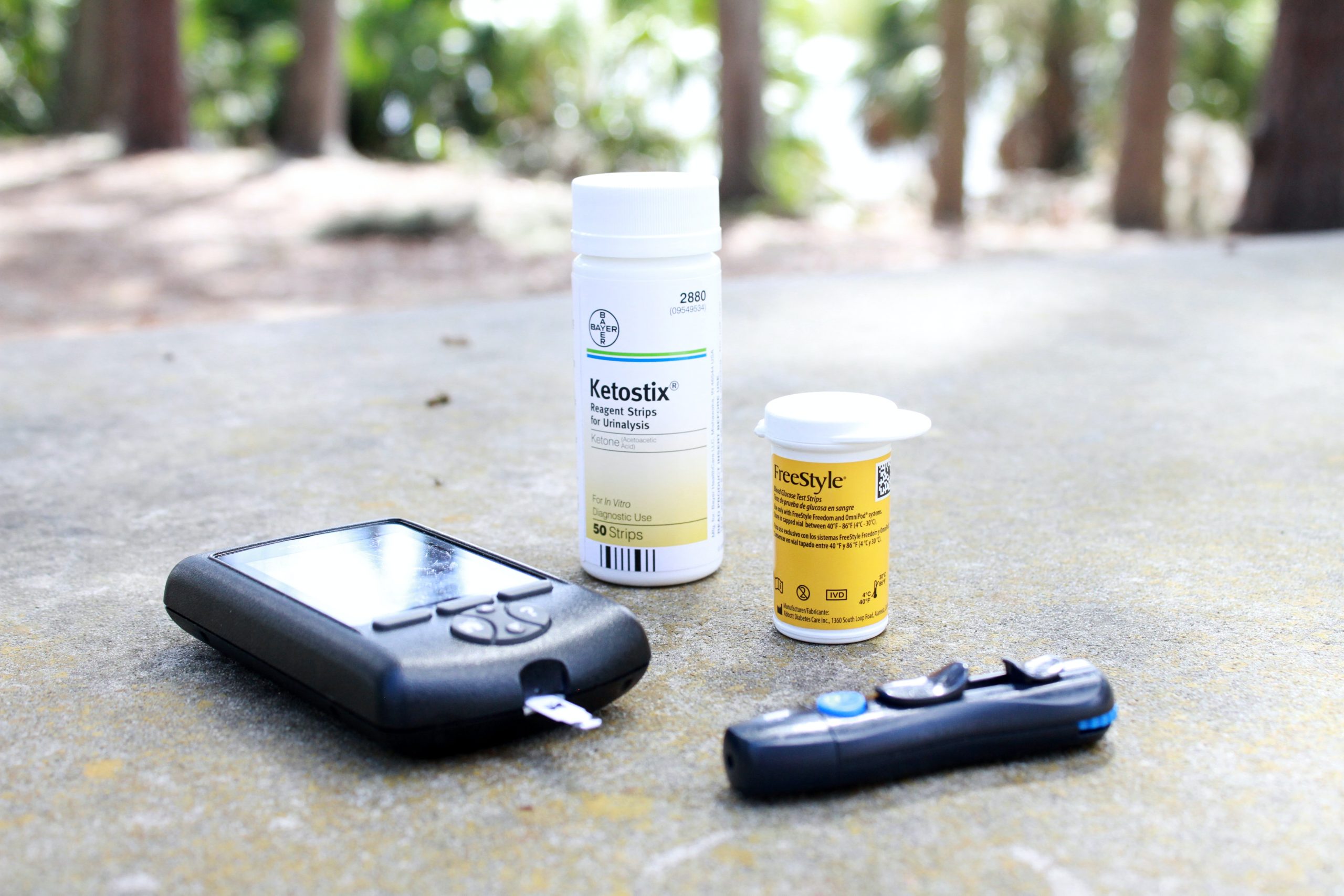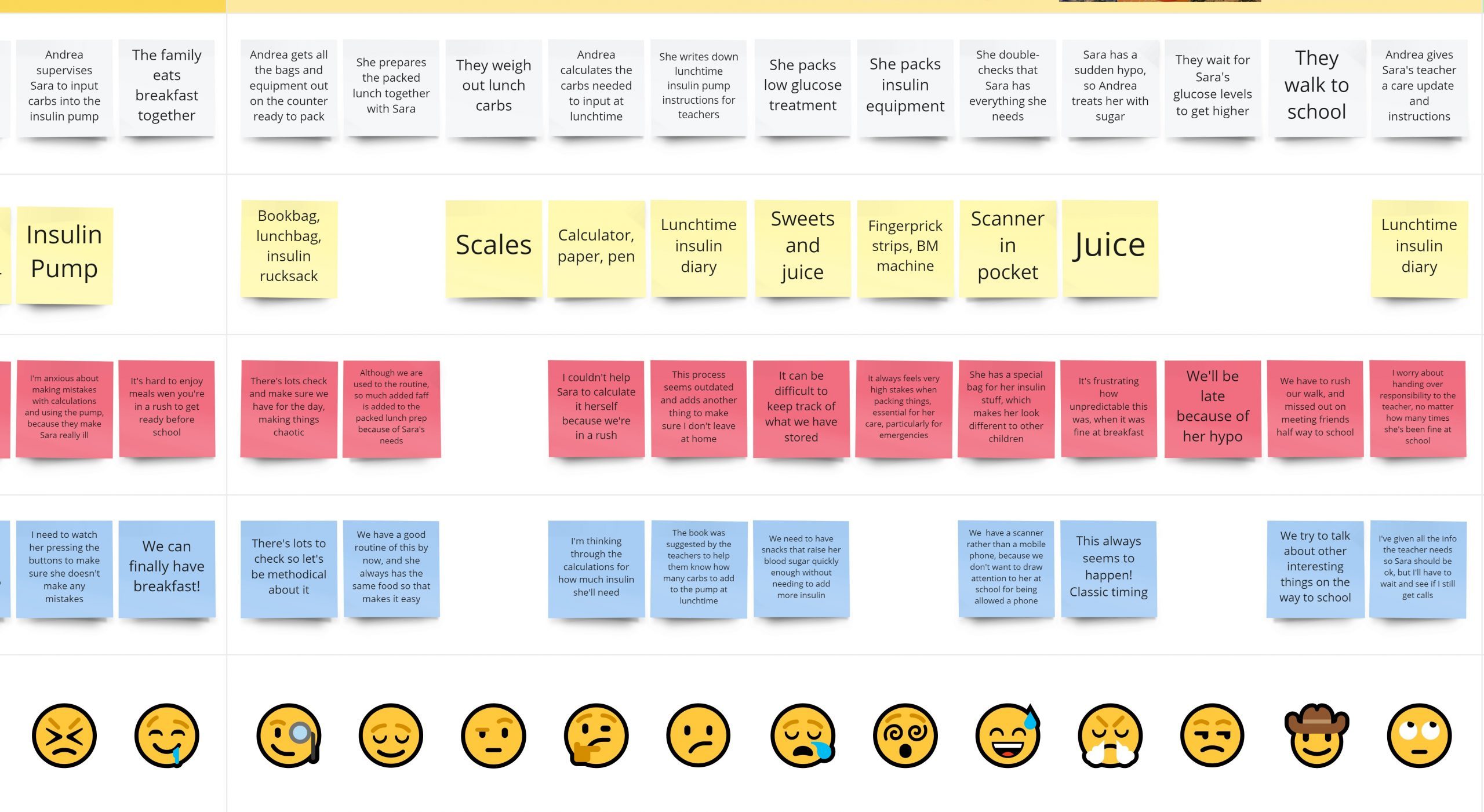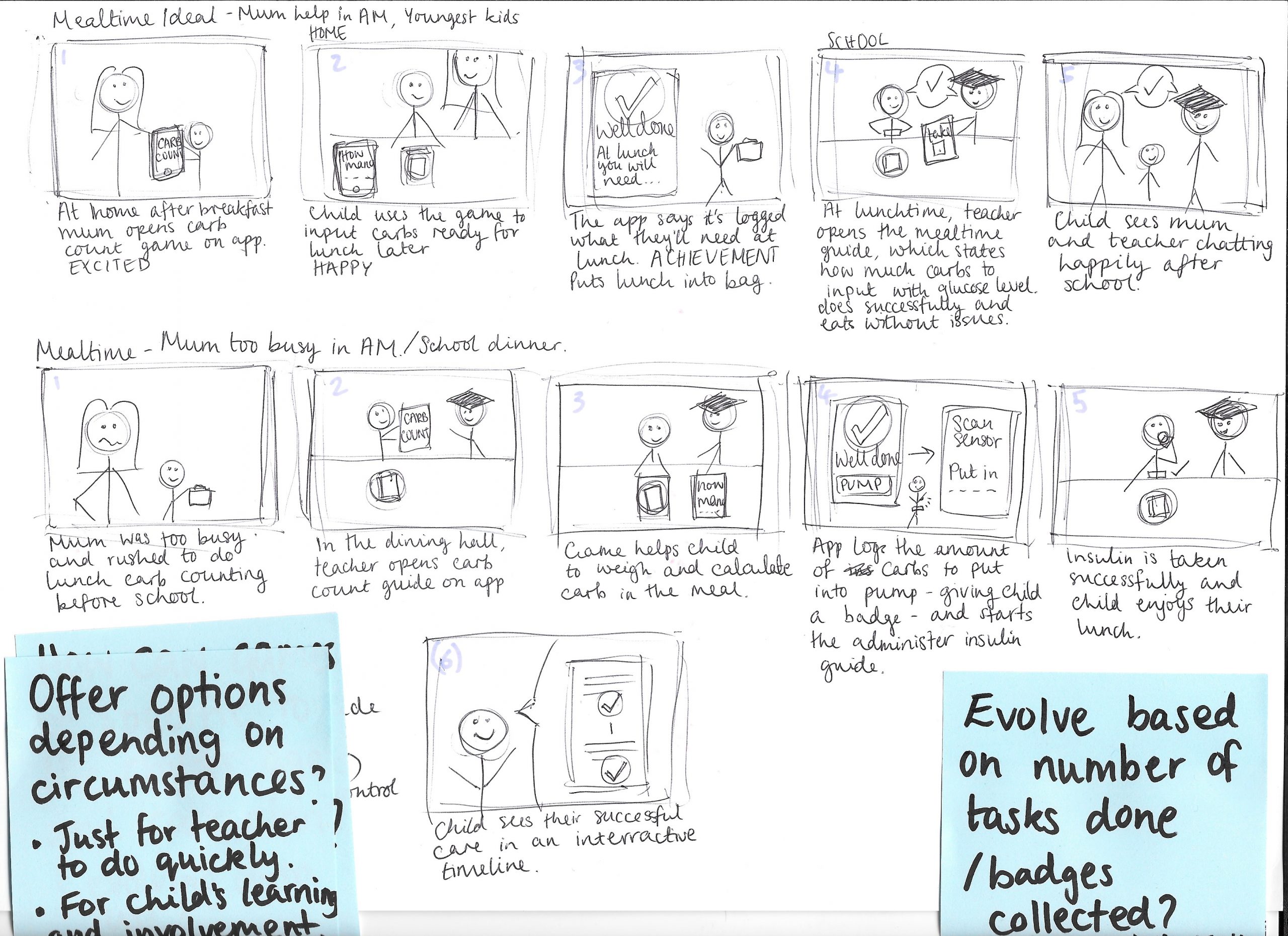Major project
Supporting Parents of Children with Complex Medical Needs [Read more]

Curaconnect is a child health care organiser that makes the transfer of care simple and trustworthy
Curaconnect is a multi-interface cloud-based system designed to increase child involvement and understanding in their care and encourage cooperation and trust between parents, teachers and healthcare professionals, by making care tasks easy to follow and facilitating communication of instructions and activity.

The Challenge
As the rate of children diagnosed with long term medical conditions, particularly Type 1 Diabetes, increases, and with the introduction of long COVID, research shows the amount of stress parents are experiencing with the pressure of managing their child's health.
The aim of this project was to understand the difficulties faced by parents of children with complex medical needs, in order to look for ways to improve their experience of family life and health care management.

User Research
In-depth user research was conducted to gain an understanding of what parenting a child with complex medical needs involves, why problems are happening and how parents feel about the problems they face.
Methods included a thorough remote diary study using Indeemo, a thematic analysis of forum posts, and a survey.

Key Insights
Data was collated and analysed using experience mapping, empathy mapping and complex thematic analysis.
Key insights included:
- Children's medical needs are unpredictable and complex, making them highly dependent on their parents and causing their parents to not trust others with their child's care, leading to constant worry when they're at school.
- The unpredictability of their needs makes parents feel out of control, causing stress since making mistakes means health complications.
- Children's medical needs make them feel different to other people, making them upset and worsening their motivation to cooperate with their own care tasks, putting their health at risk.
- Tools lack accuracy or simplicity, making care tasks take longer which disrupts family time and strains relationships.

Design Iteration
Insights were turned into 'how might we?' statements, which directed ideation, both on my own and in co-design sessions with users. Ideas were evaluated using a prioritisation matrix. The chosen concept was built upon, prototyped using sketches and storyboards, and tested through storytelling with users. Feature card sorting and the MoSCoW prioritisation method was used to refine the design.

Parent Interface
Curaconnect makes transferring care easier for parents of school-aged children with Type 1 Diabetes. The today screen lets them give instructions to teachers and the lunchtime insulin information in one place. They are notified when teachers complete care tasks, putting them at ease in the knowledge that the teachers have great resources to help them deliver care calmly and confidently.

Teacher Interface
Teachers are given confidence by following clear step-by-step guides on how to deliver care to their Type 1 Diabetic pupil. They are helped with medical jargon in the glossary screen and can see their achievements as they complete tasks.

Healthcare Professional Interface
The medical information that the family's specialist nurse puts into their interface feeds itself into the parent and teacher's care guides, meaning they are kept up to date with the child's rapidly changing needs. The health professional can review the child's blood glucose data, and use it to help them decide on necessary changes to their care plan.
Bethany Davies
I am a passionate designer dedicated to designing to enhance wellbeing and support a brighter, healthier future.
I started my journey in design with a first-class Textiles: Innovation and Design degree, also from Loughborough University. For my major project of the degree, I worked on designing adaptable clothing to bring beauty to wearers of medical devices and from there my interest in designing to help people and problem solve continued to grow, leading me to the User Experience Design MA. I have loved applying my design skills to a new area, and developing skills such as thorough user needs research, complex analysis and UX team leadership. I have grown confident with interacting closely with users to understand their attitudes and test concepts, and am excited to make this a key part of my future career.
Major project
Supporting Parents of Children with Complex Medical Needs
Awards
A mobile app I developed as part of an Experience Design project, which aimed to use smart meter data and gamification to help families save energy cooperatively, was chosen to be presented to GenGame.
Work Experience
I worked as a Digital Print Design intern at Mirjam Rouden, London, in 2019. Here I gained valuable experience working in a design studio context and producing print designs for fashion clients. Prints I designed were sold to TJX and Hanno Stoffe.